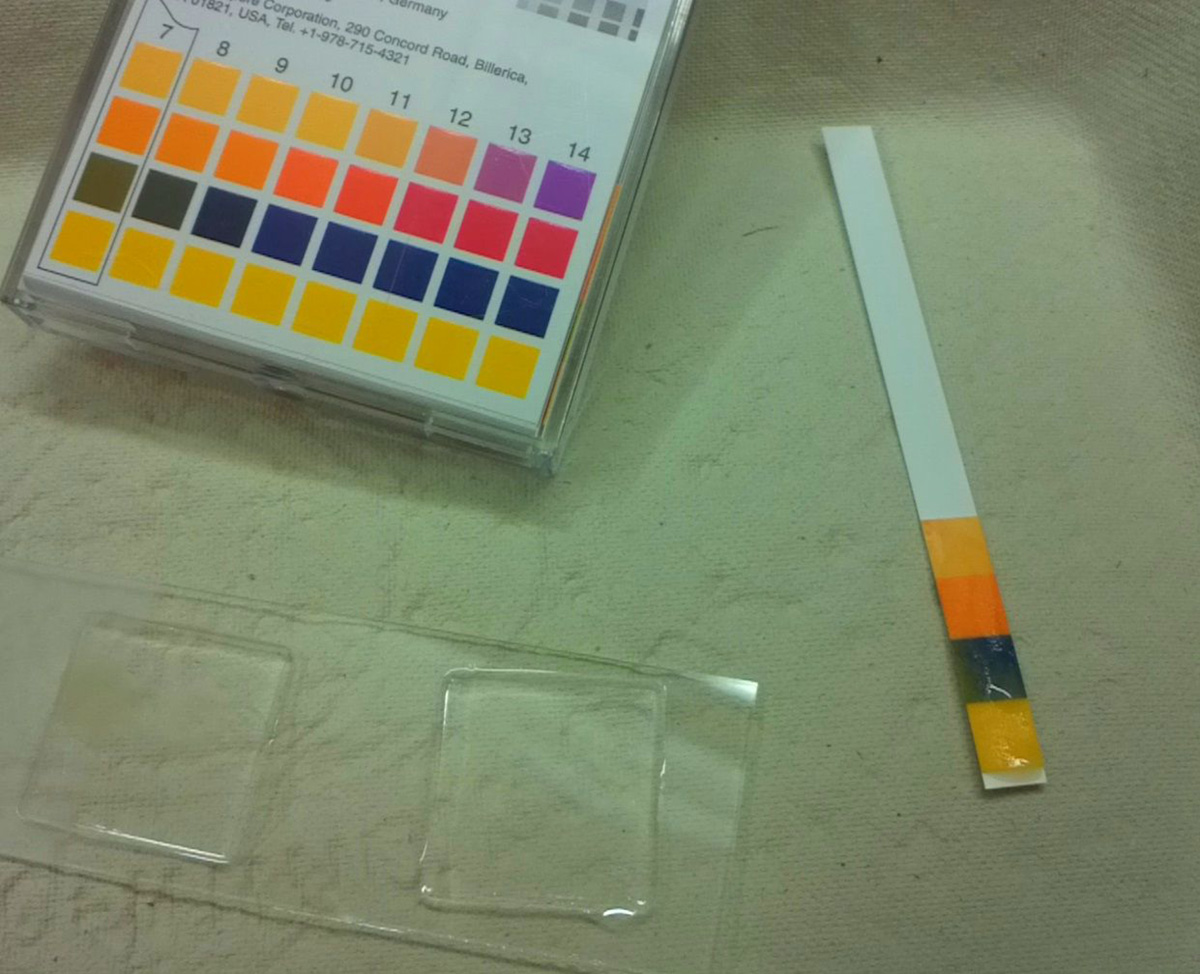
What is bacterial vaginosis?
There are two kinds of bacterial vaginosis. One is bacterial infection vaginosis, which is caused by harmful bacteria, and the other is infectious vaginosis, which is a sexually transmitted disease or STD.
Bacterial vaginosis of either type must be treated as soon as the symptoms occur and as soon as it is diagnosed. This is vital because it may develop into pelvic inflammatory disease and it can even cause sterility.
Treatment for the two types of bacterial vaginosis are not necessarily the same, so it is very important to determine which kind it is and to treat it with appropriate medication.
Treatment for bacterial vaginosis
The treatment for this disease almost always consists of prescription medications, usually antibiotics. Antibiotics are designed to kill bacteria, they are very effective and give almost instant relief to the symptoms.
However, there is the other side of the medal. Antibiotics kill bacteria and they do not know the difference between the good and the bad bacteria. Some bacteria that normally inhabit a woman’s vagina and vulva are actually very beneficial, as they provide a normal balance and keep away the harmful bacteria. After a course of antibiotics it is possible to have reduced levels of the good bacteria, which can lead to overgrowth of the bad bacteria and the secondary infection. This is why bacterial vaginosis is often reoccurring, even with the use of antibiotics.
In addition, taking antibiotics for other medical reasons, for example for pneumonia, can affect the number of good bacteria in the vagina and possibly lead to vaginosis, or aggravate its symptoms if it is already present.
Lifestyle changes
There are other options that can be used instead or along with antibiotics in order to cure bacterial vaginosis. This includes dietary and lifestyle changes, use of herbal remedies and alternative medicine.
Generally, stress, alcoholism, smoking and poor diet are triggers that affect the sensitive balance of the vagina, make it more acidic and this favorable for the bacteria. Relaxation techniques like breathing, yoga and meditation are highly recommended, as well as a diet rich in all the essential nutrients. Of course, proper intimate hygiene is also essential for preventing bacterial infections.






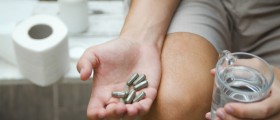


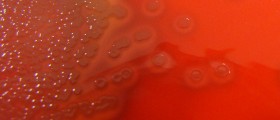
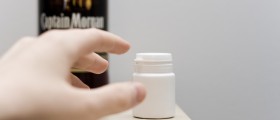
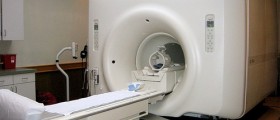


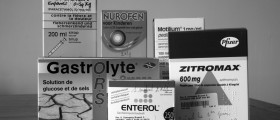


Your thoughts on this
Loading...